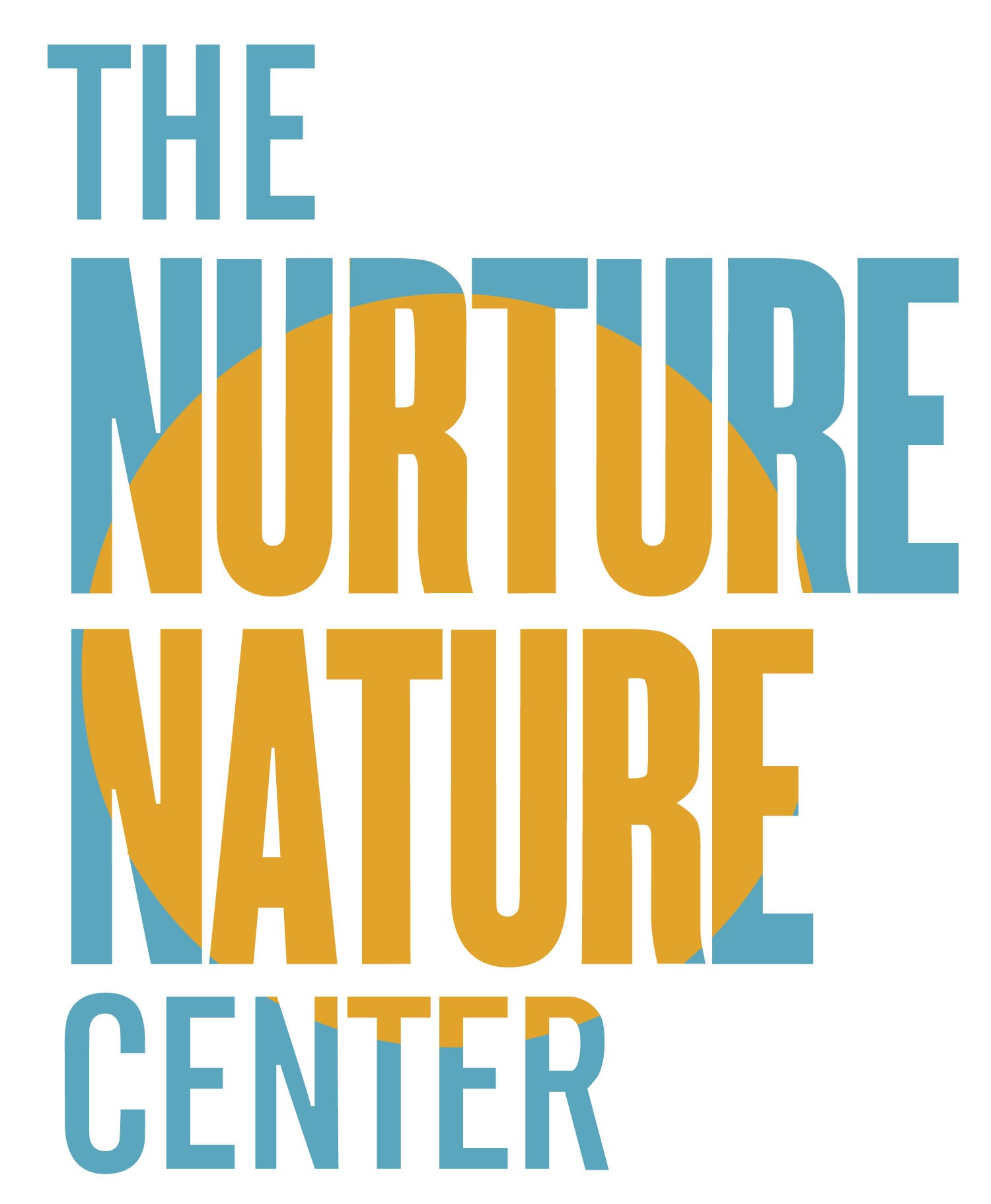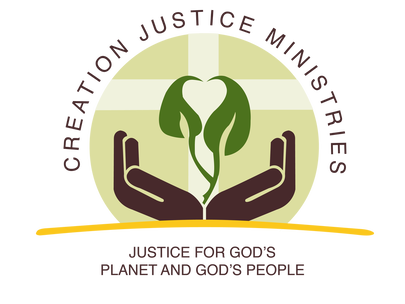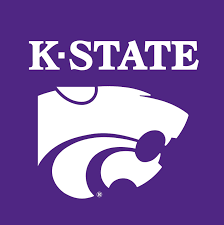AGU Thriving Earth Exchange’s Community Science Hubs Initiative
AGU is excited to announce four new partners Capacity Collaborative, Nurture Nature, Creation Justice Ministries and Center for Hazardous Substance Research at Kansas State University who will work with Thriving Earth Exchange to build and support regional and topical focused hubs for community science. This initiative is funded by a generous grant from the Gordon and Betty Moore Foundation providing each hub with $50,000 a year for two years to launch and support twelve projects for a total of 48 projects by the end of 2025.
These partnerships will bring together communities by recruiting community leads to volunteer for projects then matching them with a Community Science Fellow and Volunteer Scientist(s) to address a local priority or concern. Additionally, each Community Science Hub partner, with support from AGU’s Thriving Earth Exchange, will encourage connections and capacity building for community science within their respective region(s) of the United States.
“Through the community science model of AGU Thriving Earth Exchange, Nurture Nature Center will be able to connect underserved communities vulnerable to flooding with the expertise and resources necessary to help them manage their flood risk and impacts,” said Kate Semmens, Science Director at Nurture Nature. “We care about these communities and want to help in every way we can, and we believe the partnership with AGU’s Thriving Earth Exchange can enable that longer-term, meaningful engagement.”
The Community Science Hub initiative will bring together boundary spanning organizations that serve specific communities as part of the larger Thriving Earth Exchange ecosystem, connecting them with one another, providing institutional support for developing plans to scale, and training staff on community science processes. “We are so excited about this opportunity to be a Community Science Hub as part of the Thriving Earth Exchange and to join the AGU family,” said Kansas State’s Center for Hazardous Substance Research.
Learn more about each Community Science Hub partner below and stay tuned for exciting updates about this initiative. If you would like to get involved, we are currently seeking Community Science Fellows and Community Scientists. There are also limited opportunities to start a project as a Community Leader through the Hub initiative. These include Indigenous communities in the US focused on brownfield restoration, Spanish-speaking communities around the US focused on any environmental-related topic, frontline communities experiencing flooding in the northeast, and African American churches in the mid-west focused on climate change mitigation on church land.
Capacity Collaborative

The Capacity Collaborative is a network of primarily southeastern nonprofit, grassroots organizations that have come together to catalyze environmental and energy justice through training, technical assistance and capacity building. Small and rural communities, particularly those that are vulnerable, often do not have the internal capacity to plan for and access funding to address environmental and energy injustices. In response, the Capacity Collaborative (CC) was founded in late 2022 as a network of primarily southeastern nonprofit, grassroots organizations to respond to opportunities for Federal funding at a regional scale. We are rooted in the south.
The Capacity Collaborative works with communities to help them 1) plan programs and policies to address environmental and energy justice, 2) identify, write and manage public and private grants, and 3) build financial, managerial and collaborative capacity to change their lives.
CC is led by Project Co-Director Kathleen Kirkpatrick, an environmental engineer and climate activist with a passion for helping rural communities in the South become more resilient and sustainable. If your Southern American community has environmental justice or other concerns that you’d like to explore scientific solutions for, schedule a time to chat with Kathleen at The Capacity Collaborative. You’ll find her scheduling app here, send email to kathleenk (at) thecapacitycollaborative.net or visit their website at https://www.thecapacitycollaborative.net/.
Capacity Collaborative was the first Community Science Hub and has eleven launched projects with Thriving Earth Exchange so far:
- Camp Hill, AL
- Mobile, AL
- Pascagoula, MS
- McCormick, SC
- Hollygrove-Dixon New Orleans, LA
- Trussville, AL
- Madison, AL
- Dynamite Hill Birmingham, AL
- Parrish, AL
- Vieques, Puerto Rico
- Anniston, AL
Read more about Capacity Collaborative and their work with Thriving Earth Exchange here.
Nurture Nature Center
 The Nurture Nature Center (NNC) is a nonprofit organization in Easton, PA created in 2007 in response to the repetitive flooding in our community on the Delaware River in 2004, 2005 and 2006. Since its conception, NNC has undertaken numerous regional flood risk education projects, education initiatives and social science research studies about hazards and risk communication in cooperation with federal and state agencies including NOAA, NASA, FEMA and others. NNC has worked within the informal science education community to create a nationally disseminated model of community dialogue, From Risk to Resiliency, designed to engage residents in discussions with community leaders about strategies for addressing local environmental risks, and has continued to utilize that model over the years to engage the local community around hazards, climate change, and resiliency. NNC’s mission is to build community resiliency to environmental risk by leveraging the power of informal science education, art-centered approaches to learning, and community dialogue and networking.
The Nurture Nature Center (NNC) is a nonprofit organization in Easton, PA created in 2007 in response to the repetitive flooding in our community on the Delaware River in 2004, 2005 and 2006. Since its conception, NNC has undertaken numerous regional flood risk education projects, education initiatives and social science research studies about hazards and risk communication in cooperation with federal and state agencies including NOAA, NASA, FEMA and others. NNC has worked within the informal science education community to create a nationally disseminated model of community dialogue, From Risk to Resiliency, designed to engage residents in discussions with community leaders about strategies for addressing local environmental risks, and has continued to utilize that model over the years to engage the local community around hazards, climate change, and resiliency. NNC’s mission is to build community resiliency to environmental risk by leveraging the power of informal science education, art-centered approaches to learning, and community dialogue and networking.
Nationally, NNC has also become a leader in issues related to flood risk communication and education, with over a decade of experience conducting social science research about how individuals and professionals use weather forecast and warning information in decision-making. It is through engaging with these communities and listening to their concerns and stories that NNC recognized that needs extend beyond what just a forecast and a research study can provide. It is with this extensive expertise, experience, understanding and engagement around flooding issues that NNC seeks to develop the AGU community science hub around underserved communities affected by flooding and extend the support and resources it can provide to these communities.
Learn more about NNC and connect with their work by visiting their website https://nurturenaturecenter.org/ or finding them on social media such as Facebook, Twitter/X, Instagram, and YouTube.
Nurture Nature has launched 6 projects so far:
- Baltimore, MD
- Palmer Township, PA
- Burgaw, NC
- Lumberton, NC
- Rocky Mount, NC
- Warrenton, NC
- Jackson, MS
Read more about Nurture Nature and their work with Thriving Earth Exchange here.
Creation Justice Ministries
 The mission of Creation Justice Ministries (CJM) is to educate, equip, and mobilize Christian individuals, congregations, and denominations to protect, restore, and rightly share God’s creation. They work as a connection point between the church, the academy, and the public, bridging the divide between faith and science as two ways of knowing. Although their work spans from the individual to the national, they pride themselves on their community-based approach that seeks to build power and knowledge alongside communities, rather than dropping in and out to provide scientific or theological “expertise.” CJM believes that direct engagement is inherently meaningful, respecting communities as experts in their context, and eminently practical, providing more enduring solutions to climate, environmental, and justice issues. Churches are natural partners for community science because they are deeply-rooted communities, held together by shared belief and practice, filled with people who care about making their community – and the world – a better place. In their work, CJM seeks to co-develop tools, resources, and solutions with church leaders and community members because they know and love their neighbors better than anyone else.
The mission of Creation Justice Ministries (CJM) is to educate, equip, and mobilize Christian individuals, congregations, and denominations to protect, restore, and rightly share God’s creation. They work as a connection point between the church, the academy, and the public, bridging the divide between faith and science as two ways of knowing. Although their work spans from the individual to the national, they pride themselves on their community-based approach that seeks to build power and knowledge alongside communities, rather than dropping in and out to provide scientific or theological “expertise.” CJM believes that direct engagement is inherently meaningful, respecting communities as experts in their context, and eminently practical, providing more enduring solutions to climate, environmental, and justice issues. Churches are natural partners for community science because they are deeply-rooted communities, held together by shared belief and practice, filled with people who care about making their community – and the world – a better place. In their work, CJM seeks to co-develop tools, resources, and solutions with church leaders and community members because they know and love their neighbors better than anyone else.
Currently, CJM runs Pastoral Climate Leadership and the Faithful Resilience program, both of which seek to support churches as seats of resilience especially in relation to the climate crisis. For this initiative, CJM will work with historically-marginalized and underserved faith communities in the Midwest, with a focus on engagement with Historically-Black Churches. CJM believes that both scientists and faith communities are better when they are working together to address local issues. This project is an opportunity to demonstrate to both the faith community and the scientific community that religion and science are not mutually exclusive but can be deeply powerful when brought together.
Learn more about Creation Justice Ministries by visiting their website https://www.creationjustice.org/ or connecting with them on Facebook, Twitter/X, and LinkedIn.
Creation Justice Ministries has launched 2 projects so far:
- Detroit, MI
- Detroit, MI
Read more about Creation Justice Ministries and their work with Thriving Earth Exchange here.
Center for Hazardous Substance Research, KSU
The Center for Hazardous Substance Research (CHSR), a multidisciplinary unit within the College of Engineering at Kansas State University, conducts research, education, public service, and technical assistance at the nexus of environmental sustainability. Broadly, we serve, collaborate, and empower communities in EPA Regions 5, 6, 7, 8 and Indigenous communities nationally in addressing environmental, health, and economic concerns and support them in reaching their revitalization goals. This is achieved through our Technical Assistance to Brownfields (TAB) and Tribal Technical Assistance to Brownfields (Tribal TAB) programs. The communities of focus for this special collaborative partnership are our tribal partners.
Through this unique partnership and peer opportunity, CHSR will transition the National Tribal Brownfields Working Group to the Tribal Brownfields Innovation Collaboratory. This evolution will further equip Tribal Response Programs (TRPs) to enhance community engagement methods; social-ecological frameworks for site inventories and prioritization; and insights for braiding geo-scientific best practices with local/Indigenous Traditional Ecological Knowledge (ITEK) systems where appropriate to inform assessment, cleanup, and redevelopment education and decision making for underutilized or potentially contaminated properties. Moreover, with effective mentors, tools, and networks, CHSR also hopes this partnership will cultivate the pipeline of next generation Tribal Environmental Professionals.
You can learn more about CHSR by visiting their website https://engg.k-state.edu/chsr/, about KSU Technical Assistance to Brownfields (KSU TAB) at https://www.ksutab.org/, and KSU Tribal Technical Assistance to Brownfields (KSU Tribal TAB) here https://www.ksutab.org/tribal-tab. You can also visit them on Facebook and LinkedIn.
CHSR has launched 5 projects so far:
- Gulf Coast Southern Plains, TX
- Horton, KS
- Mayetta, KS
- Poplar, MT
- Concho, OK
Read more about CHSR and their work with Thriving Earth Exchange here.
Opportunities to Get Involved
There are exciting opportunities to volunteer with this innovative initiative as a Community Science Fellow and Community Scientist. Thriving Earth Exchange will be seeking Fellows for each project who will be trained as project managers and have leadership opportunities to co-develop science solutions with communities. Community Scientists are experts who volunteer their knowledge and skills related to topics such as natural hazards, testing of soil, air or water, GIS, urban planning, science communication and more. You can learn more about opportunities to be a Community Science Fellow here and a Community Science here.
Hub Coordinators will be seeking community leads through their existing networks and outreach but there may be limited opportunities to volunteer your community with one of their areas of focus. Generally, they will be recruiting potential projects related to Indigenous communities in the US focused on brownfield restoration, Spanish-speaking communities around the US focused on any environmental-related topic, frontline communities experiencing flooding in the northeast, and African American churches in the Midwest focused on climate change mitigation on church land. If any of the communities you know fit into these themes then please consider filling out a community application. We cannot guarantee a slot but are still encouraging communities within these themes to apply in case there is additional room.


